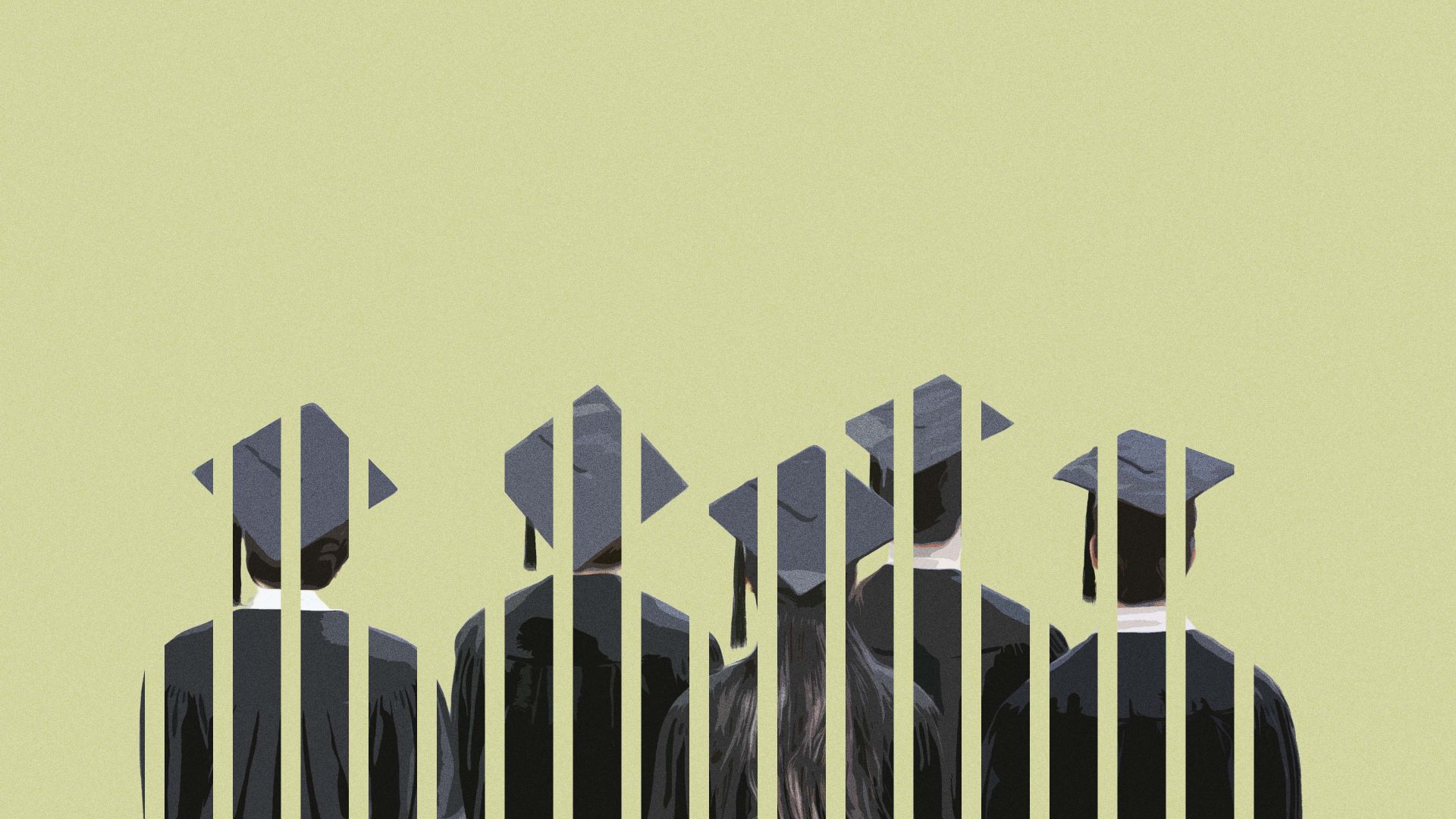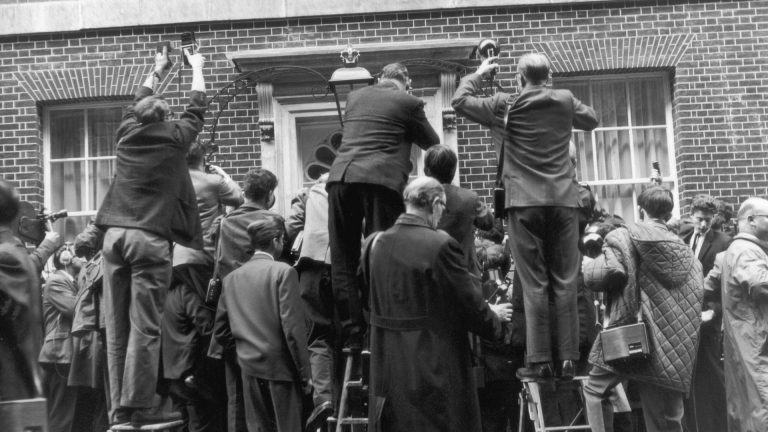For a while, it looked like millennials had it worse than anyone else. We left university as the economy went down the drain and never got to know the hope, optimism and financial comforts of our parents. The very idea of us buying a home in, say, a city, still feels like a far-fetched dream to a majority, even though we are in our thirties and forties. The less is said about what we’re expected to pay for childcare, the better.
Still, as it turns out, things could have been worse for us. We could have been born a decade later. At least we got to endure lockdowns as fully fledged adults; they weren’t pleasant, but those critical and time-limited years of intoxicating youth were spent outside, with friends and alcohol and all of the world. We didn’t have to be teenagers or university students while stuck at home, day after day, with only our family for company.
Oh, and we did manage to get jobs. Sure, they were precarious, often underpaid and with relatively little hope of climbing up the career ladder, but we got jobs. Had we finished our degrees 10, 15 years later, we would have been victims of what the Financial Times is merrily calling “the graduate jobocalypse”.
Suggested Reading

Gen Z vs democracy
“Job openings for graduates are at an all-time low,” their research stated. “Job listings in both the US and UK are plummeting. And for the first time on record, levels of joblessness amongst graduates is above the overall unemployment rate.”
There is no one reason why this is happening – as you may have noticed, for example, the global economy still isn’t thriving – but one of them ought to be addressed. You can probably guess what it is, seeing as it’s become so utterly unavoidable in public discourse. It’s artificial intelligence.
Thanks to generative AI, a number of white collar companies feel they can now dispense with the junior people who were once hired to do repetitive, entry-level gruntwork. After all, why get a bunch of 23-year-olds in the office and have to pay them and train them and show them the ropes when some free computer programmes can do the same things they would have done?
Of course, AI can be imperfect, but so can people just getting into the habit of having a job. Oh, and because of hybrid and remote working, there isn’t even a real need for someone to make endless cups of tea anymore. It’s a no-brainer – or is it?
At risk of stating the obvious: do the execs at those companies believe that they hatched from eggs, already middle-aged and ready to enter middle or upper management from day one? Surely they must know that the bosses were, once upon a time, the interns? It feels incredible to have to ask these questions, but somehow it looks like the very concept of “the pipeline” is now being ignored by swathes of the private sector.
There is a world in which it would be enjoyable to wait for five years or 15 for them to get their comeuppance, and watch as their leaderless companies start failing but, sadly, real lives are actually at play here. There are countless young graduates who are in eye-watering amounts of debt and currently have nothing to show for it.
They stayed at home despite being mostly safe from Covid in order to do their bit and protect their elders, and in return they’re coming of age in a society that doesn’t care about them. Many of them are still living with their parents, despite being some way into their twenties, and with little hope of moving out soon. Polls say they care desperately about climate change and the future of the planet, but politicians refuse to take them seriously.
What exactly is going to happen to that generation? We speak a lot about the radicalisation of young men, and the fact that today’s young women are more left-wing than ever. We point to the internet and to algorithms, and to what social media does to malleable brains. Isn’t it possible instead that Gen Z are merely responding to the signals their environment is sending them?
It isn’t hard to become a radical, a nihilist or both if you feel – not wholly wrongly – that society just doesn’t care about you or your peers all that much. Caring about the world usually comes from knowing that you have a stake in it, and what are we giving those youths? Picking the robots over them may feel like a handy short-term solution, but I doubt we’ll enjoy reaping what we’ve decided to sow.












